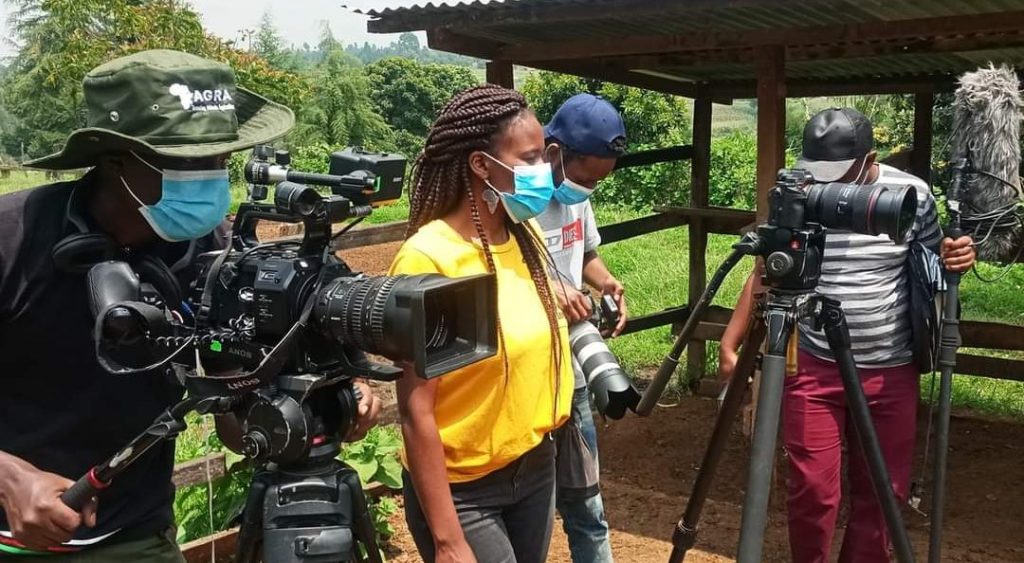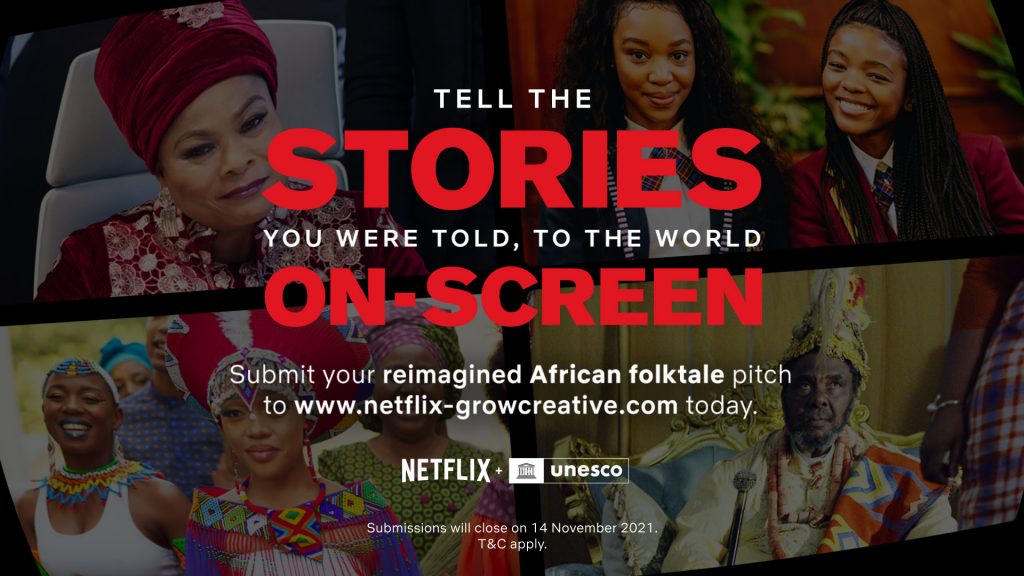Professional Video Editing Tips
It takes an in-depth knowledge of human behavior to succeed as a video editor in any video production company or as a freelancer. With the help of this information from Take six Africa professional experts, editors can leave a powerful impression on potential viewers as well as construct compelling stories.
A strong and efficient edit allows the viewer to follow the video information without interruption. For the audience to feel the same way and be in the same mood throughout the video, you should strive for “invisible” editing.
You can achieve this by utilizing some of the following professional editing guidance and methods that we have highlighted below:
-
Find the Best Camera Angle for Each Shot
If your video is a narrative or documentary, you should look for footage that strikes a balance between the speaker’s intention and the audience’s expectations. For example, in a TED talk-style film, you want the ideal camera angle that best conveys the speaker’s story and highlights the audience’s reactions (if any) around the room.
-
Pay Attention to the Body Language or the Way Something is Spoken
Multiple expressions can be seen frequently in videos of speeches or interviews. Consider the speaker’s posture and pace of speaking when making modifications. Despite reading from a script, the subject’s voice has a natural pace that may be precisely tailored to your changes.
-
Remember to use both medium and close-up shots.
Utilizing various camera angles will help your audience comprehend the setting or location of the scene. Medium to close-up shots might be useful during interviews to allow the audience to see the interviewee’s or interviewer’s expressions. This is also applicable to videos of the documentary or interview variety. Medium to close-up shots during significant moments in wedding videos might serve to emphasize the happiness and emotions present at the occasion.
-
Keep Things Moving Along
Observe the pacing of your movie or video. You are responsible for making the rules here and ensuring that your audience has enough time to take everything in. Using several camera angles can provide your audience with a variety of sights while also adding movement.
-
Cut on Words or Action
Cutting on a word or gesture is one method of hiding an edit. If you have a speaker, you can cut during one gesture and have it flow into another, demonstrating continuity and enabling a quiet motion to go on to another scene. This technique can also be used to shorten sentences, which will help the audience remember what you said.
-
Don’t Be Afraid to Edit Mistakes
It is possible to eliminate speaker and technical mistakes so that they don’t annoy your audience. It is best to cut out any speakers that use the word “uh” frequently during interviews or lectures, as well as any obvious errors that would upset viewers when the video is finished playing. Pay attention to this because it occasionally requires a keen eye to identify minute errors.
-
Revisit Your Edits
Most video editors who work full-time for video production services or businesses know how crucial it is to step back from their editing tasks. It’s a good idea to take a break from editing after becoming completely engaged in it so that you can return to it with a new perspective. It is also possible to ask someone else to review the edited scenes and inform you of any changes that they think need to be made. By doing this, you’ll be able to produce your best work.
It pays to learn everything you can about the different cuts and edits you may do to improve your work if you’re serious about video editing and want to become a top video editor. There are a lot of more practical strategies you may learn to use and put into practice; these are just seven of them. If you have any questions regarding the topic, feel free to reach out to us through our social media handles or contacts on our website.
References:
https://newdawnfilm.com/7-top-video-editing-tips-and-tricks-professionals-use/



